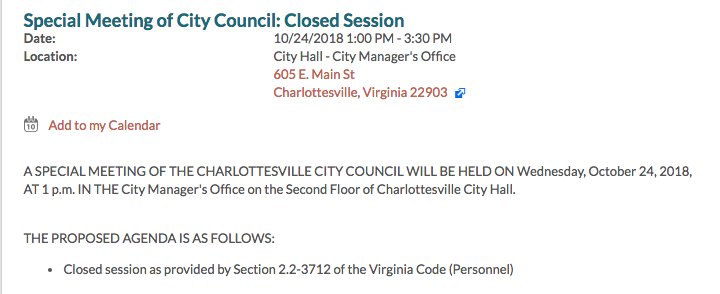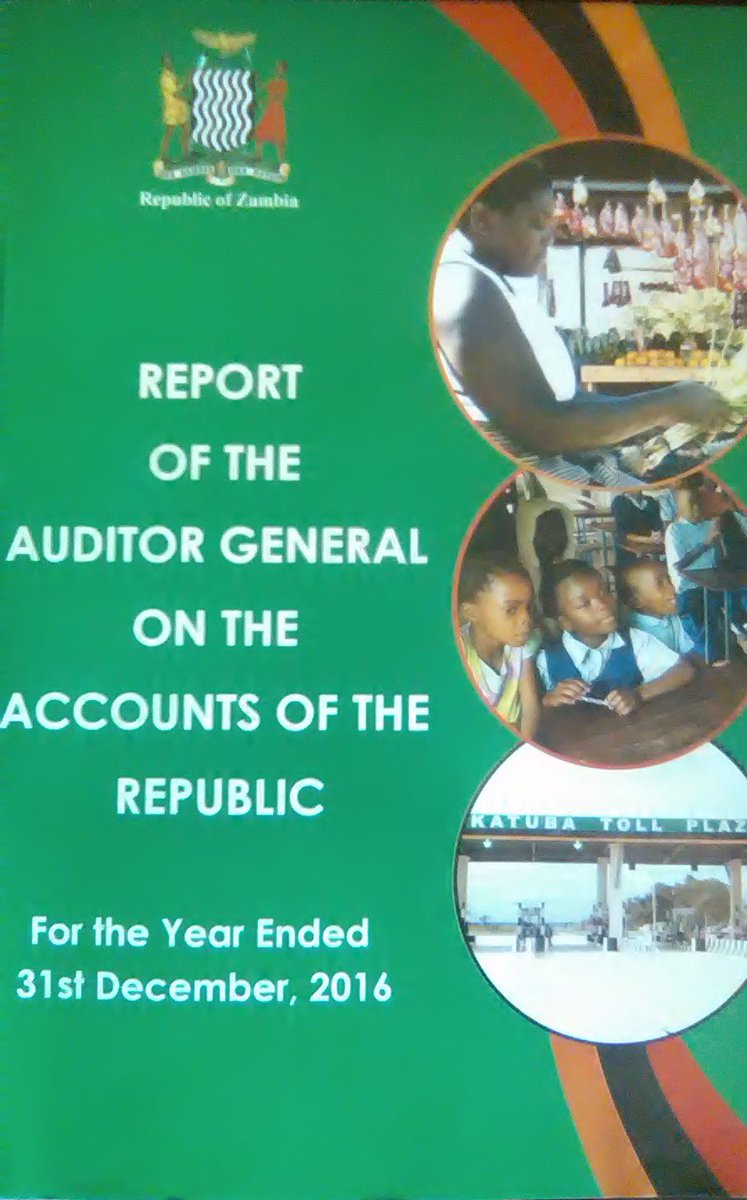Tiniest smidge of a rant incoming.
But we couldn't figure out how to describe it.
You can't ssh into every host and run strace or gdb to diagnose. You have to instrument and capture the right level of abstraction so you can reason about it and drill down with the tool.
* High cardinality
* Wide events, not metrics
* No pre-aggregation -- sample for cost control
* Tracing
* Rich instrumentation
* Exploratory
* etc
Cardinality limits make this impossible.
Metrics make this impossible.
Pre-aggregation makes this impossi
Lots of folks have begun talking and thinking and building around observability lately through this lens. There's been so much pent-up energy and hard work around debugging complex systems, it just needed a technical term to rally around && so we could find each other.
... omg, @rakyll just *blocked me*? for quoting her? wtf. holy shit. i thought we were friends and so was extra respectful in this thread. i'm ... sorry?!
(little bit jarred here)
All I'm trying to say is this: language evolves. Technical terms arise, mutate, and fade. O11y once meant metrics/logs/traces, but that's not as precise or useful as the control theory definition, so we should let the old one fade.
I salute you, old guard, for all you've done. But from those of us laboring to make complex systems tractable: please let "observability" go. Let it develop a precise technical meaning, just like "metric" did.





